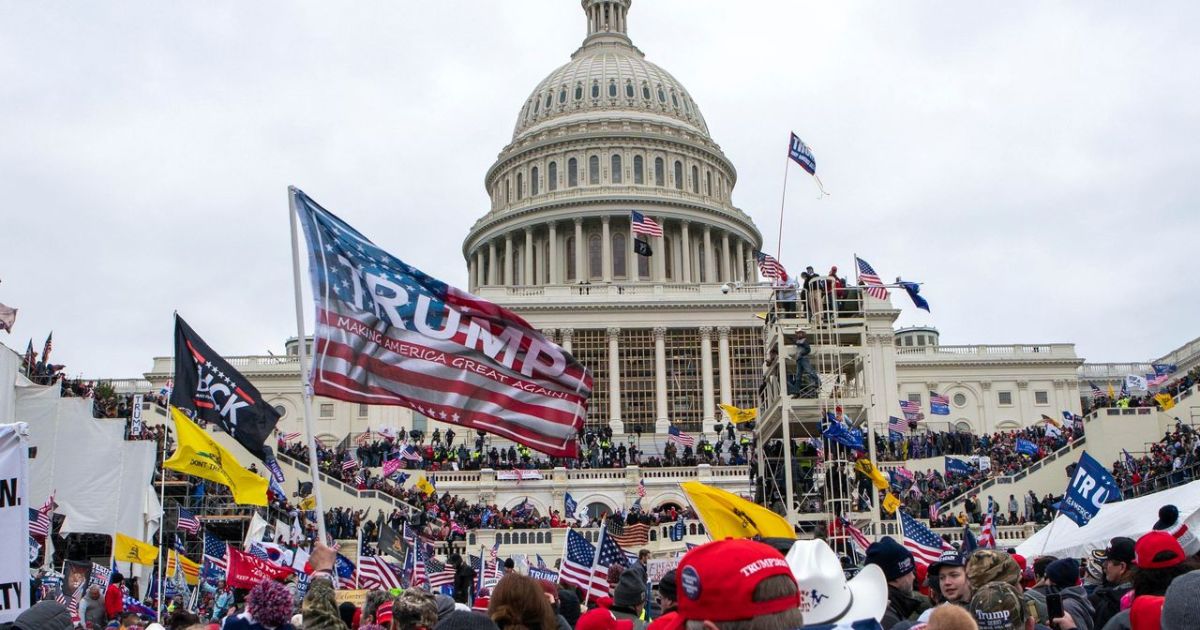
Unpacking The The Word "Patriot" - From a Veterans Perspective
|
|
Time to read 3 min
Are you 18 years old or older?
Sorry, the content of this store can't be seen by a younger audience. Come back when you're older.
Roberto Clemente
|
|
Time to read 3 min
Patriotism, by definition, is the love and devotion for one's country. It is the willingness to defend and uphold its values, ideals, and principles. But who gets to decide what those values and principles are? Historically, the narrative surrounding patriotism has been shaped by those in power, often leaving little room for diverse perspectives.
For many people of color, the word "patriot" carries a burden of exclusion. Throughout history, marginalized communities have had to fight for their rights and equality within this very country they are expected to be patriotic towards. The struggle for civil rights, the fight against systemic racism, and the ongoing quest for justice have often been met with resistance and oppression, making it difficult for individuals from these communities to fully embrace the label of "patriot."

Members of Patriot Front march in Washington D.C.
One of the main issues with the word "patriot" is its selective application. Often, patriotism is associated with displays of outward nationalism, such as flag-waving or blind support for military actions. While these acts may be seen as patriotic by some, they fail to acknowledge the complexities and nuances of what it means to truly love one's country.
True patriotism should involve a deep commitment to creating a more just and equitable society, where everyone is treated with dignity and respect. It should involve questioning the status quo and working towards positive change. Yet, those who dare to criticize or challenge the flaws within their own country are often labeled as "WOKE" or even "anti-American." This stifles constructive dialogue and perpetuates a narrow view of patriotism that fails to address the systemic issues faced by marginalized communities.
For people of color, the word "patriot" can feel exclusionary and even hostile. It can perpetuate the notion that their love for their country is conditional, that their loyalty is constantly under scrutiny, and that their experiences and contributions are often overlooked or undervalued.
As a veteran who proudly served my country, it is disheartening to see the struggles faced by fellow veterans of color. They have fought for a nation that does not always fight for them in return. The lack of representation, unequal access to opportunities, and continued systemic racism have left many feeling disconnected from the concept of patriotism.
To address the problem with the word "patriot," we must strive for a more inclusive and nuanced understanding of the term. It is essential to recognize the diverse voices and perspectives within our society and acknowledge the struggles faced by marginalized communities. By actively working to dismantle systemic barriers and inequalities, we can create a more just and equitable society that truly honors the principles on which this nation was founded.
The word "patriot" holds different meanings for different individuals, and it is crucial to acknowledge the problem it poses for marginalized communities. I believe that true patriotism goes beyond outward displays of nationalism. It involves a commitment to challenging injustices, fighting for equality, and working towards a society where everyone feels included and valued.
We must move away from the notion of selective patriotism that stifles constructive criticism and perpetuates inequality. Instead, we should embrace inclusive patriotism, which encourages open dialogue, respects diverse perspectives, and seeks to address the systemic issues that hold back marginalized communities.
As we navigate the complexities of patriotism, it is essential to amplify the voices of those who have been historically marginalized. By actively listening to their experiences and incorporating their narratives into the broader discourse on patriotism, we can create a more inclusive understanding of what it means to love and serve one's country.
Furthermore, institutions like the military should continue to prioritize diversity, equity, and inclusion. It is crucial to create an environment where all service members, regardless of their background or ethnicity, feel valued, respected, and supported. By fostering an inclusive culture, we can ensure that the sacrifices made by individuals from diverse backgrounds are recognized and honored.
In conclusion, the word "patriot" is not without its problems. It can be exclusionary and fail to capture the experiences and struggles of marginalized communities. However, by embracing inclusive patriotism, we can redefine the term and create a society where everyone, regardless of their background, can proudly love and serve their country. It is through acknowledging and addressing these issues that we can strive towards a more just and equitable future for all.

